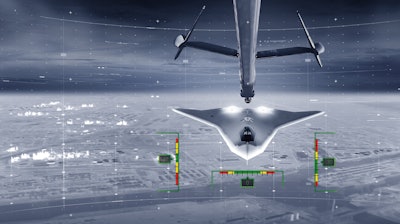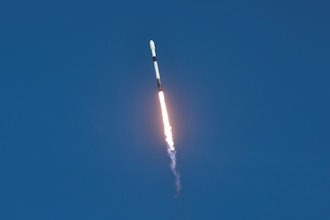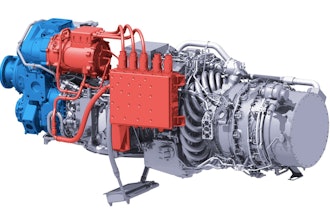
BAE Systems unveiled a new version of its Athena 1920 high-definition thermal camera core, which can now support missions requiring 360-degree situational awareness, vehicle protection, and space-based surveillance at night and in challenging weather.
The Athena 1920 delivers high-definition infrared imagery with exceptional clarity, minimal motion blur, and sharp detail in dark conditions. The small, lightweight, and power-efficient Athena 1920 is ideal for a variety of applications, including wide-area surveillance, threat detection and monitoring, targeting, and commercial applications.
“BAE Systems has been at the forefront of thermal sensor design and manufacturing for years, and we keep advancing the technology,” said Robyn Decker, Director of Lexington Business Center and Sensor Solutions at BAE Systems. “Athena 1920 is already one of the most capable high-definition thermal sensors, and we’ve enhanced it to help our customers better execute their challenging missions.”
The new thermal camera core has protective coatings that resist humidity, heat, and corrosion. For operation in space and high-altitude environments, Athena 1920 now has redundant software-based single event upset mitigation to help reduce the impacts of harmful radiation.
The Athena 1920 also features two frame rates options (30Hz and 60Hz) and frame synchronization for more image depth. Its sensor hardening allows for the delivery of high-quality, broad-view night vision images from a range of platforms, including ground vehicles, aircraft, unmanned aerial vehicles, and satellites.
In addition, images captured from multiple Athena 1920s running at the same time can be chained together for broader situational awareness, including real-time 360-degree sensing capabilities for a ground vehicle.
BAE Systems develops and manufactures visible, infrared, and X-ray imaging sensor solutions for demanding military and commercial applications, including surveillance and targeting, firefighting, and medical and scientific imaging. The company manufactures its thermal camera cores at the company’s facility in Lexington, Massachusetts.






















